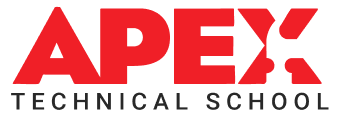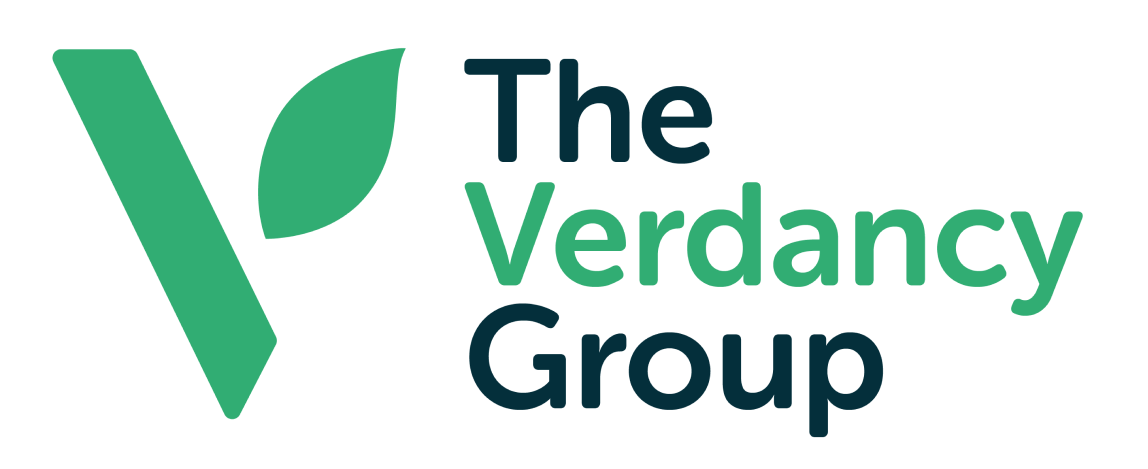Register for FY25
Full-Year Financial and Programmatic Results
Why We Must Challenge Assumptions to Solve Tough Problems

At The Fedcap Group, we are in the business of solving tough problems—not just serving them.
As we work to solve problems, we spend a significant amount of time ensuring that we are clear about the actual problem we are trying to solve and we question our own assumptions about the problem, the people we are serving and the solution.
A critical component of these conversations is examining the service pathway, seeking to understand where along the pathway we might intervene to change the outcomes. Where would a different and precise intervention make a measurable difference? What about the current design of service systems is actually contributing to the problem? For example, how might we change our service delivery for children with disabilities that would impact long term outcomes such as college attendance and graduation, employment, self-sufficiency?
Also incorporated into our culture, are deliberate conversations around our own assumptions, biases, and judgments that are informing our approach to problem solving. This transparency is imperative if we are to be successful. For example, what assumptions about the capacity of people with intellectual or developmental disabilities led us to believe that sheltered workshops instead of competitive, community- based employ was the best solution?
Being transparent and inviting our biases to the table means we clear them out and we can work together to find not just an answer, but the right answer to solve, not just serve the problem.
What assumptions do you have the might get in the way of finding the best answer?
As always, I welcome your thoughts.
Share on
Share on facebookShare on googleShare on twitterShare on linkedin
-min.avif)


